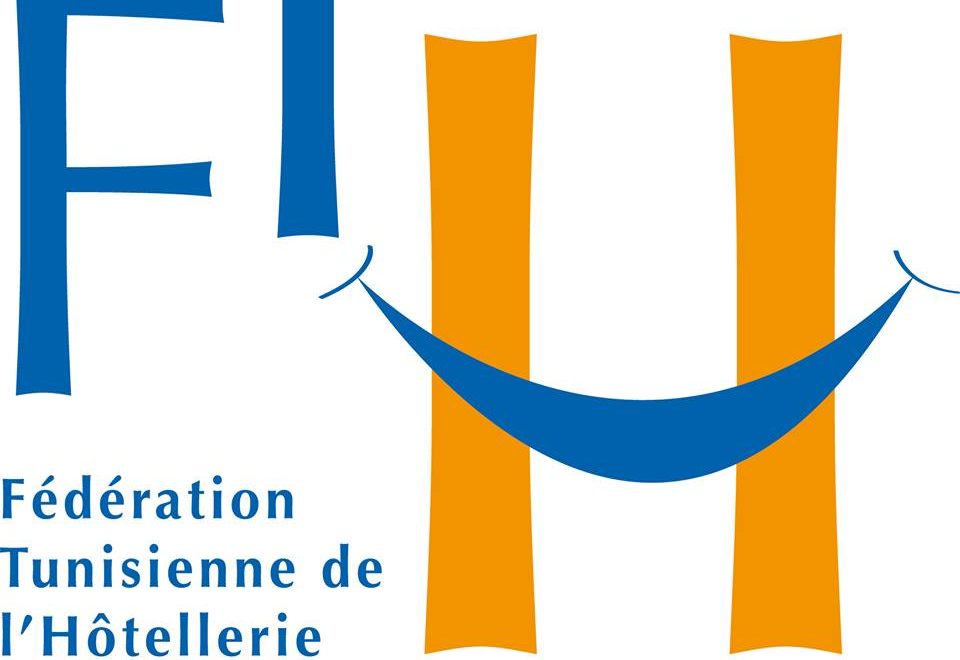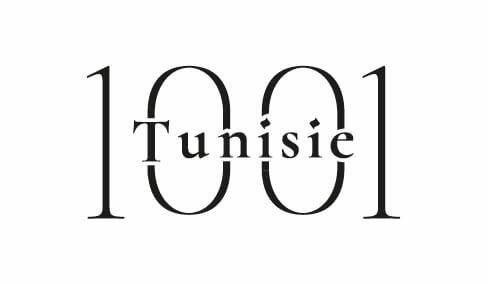
The Budget Law 2018 spills too much ink. Here and there the economic operators of the country climb to the niche of which the hoteliers. In this regard, the Tunisian Federation of Hotels (FTH) is alarmed by measures aimed specifically at the tourism sector in great difficulty for 7 years.
While there is no doubt that the year 2017 is beginning to pick up, the sector’s performance is still far from that of 2014 (-26%). On this train, thinning may be short-lived. While many voices are saying that tourism is not a priority in Tunisia, the FTH believes that the draft Laws of Finance (LF) 2018 confirms the state’s disinterest for this sector. The measures of this LF2018 go in one direction: Train hotel closures and the loss of thousands of jobs. A speech often spit out for decades. Social blackmail has taken its toll. More lucid and pragmatic, the FTH explains, opposes and proposes. By Amel DJAIT
In B.L 2018, here what the FTH contests and the proposals it makes:
As regards the VAT increase, contracts with Tour Operators are negotiated one year in advance, in firm and non-revisable prices. The 2018 contracts are already signed and any increase in VAT will be borne exclusively by the hotelier who, today, can no longer afford it. The FTH is requesting transitional provisions for its implementation to begin in 2019.
The tax of 3DT per night: This tax has already been replaced in 2015 by a tax of 20DT on the tickets of airplanes and boats. The return in 2018 therefore amounts to double taxation. Based on the figures for 2014, this tax would yield to the State 72 million dinars in the best case. The FTH then proposes its replacement by one of the following two options; Upgrade the tax on aircraft and boat tickets from 20DT to 30DT (around 3 € more) by means of transitional provisions and this would bring at least 80 million dinars to the state safe-box. The other option is to reactivate the stamp of 30DT at the exit of the territory, except for the Maghrebians (Measure that had provoked a controversy in 2014 and had been rejected including by them). The mechanism is already run-in and the stamps already printed. This would yield 90 million dinars to the state.
The increase in consumption taxes on alcohol: The FTH contests this measure which it describes as “insane”. According to the employers’ union, it would be possible to “reactivate parallel sales channels, which had disappeared since 2015 thanks to lower taxes.” In addition, hotels sell in advance with prices that can not be changed in “all inclusive”. Tax will therefore be impossible to support by the hotelier and will inevitably entail closures of hotels given the crisis and the current margins very reduced. The FTH proposes and replaces an increase in the annual licensing fees for wholesalers and retailers such as supermarkets, hypermarkets and other liquor stores, as well as for hoteliers and restaurateurs.
In conclusion, the FTH considers that once again, the State chooses the ease of taking from the companies in good standing whereas 50% of the Tunisian economy is on the parallel market without effective measures being taken! This can not be more true, except that as the remains of the operators, there are also hoteliers who do not pay and they are legion!
At this stage, the FTH proposes and defends the profession. Let us hope only that it will not, once again, defend indefensible operators.
For the time being, the debate is open, if necessary.
The question of Tunisian tourism and its hotel industry has not ceased and will not cease to unleash the passions. If we do not ask the right questions, it is difficult to get the right questions: What kind of tourism do we want? Which operators do we think are worthy of this inheritance? What is the profitability and vision for the sector? When will we stop paying for the investment Tunisia has made in this sector to those who govern it and manage partially today? What do we really do to clean up the area before pushing on the accelerator for a real take off?
Source: Press and AD

 َAbonnez-vous
َAbonnez-vous

